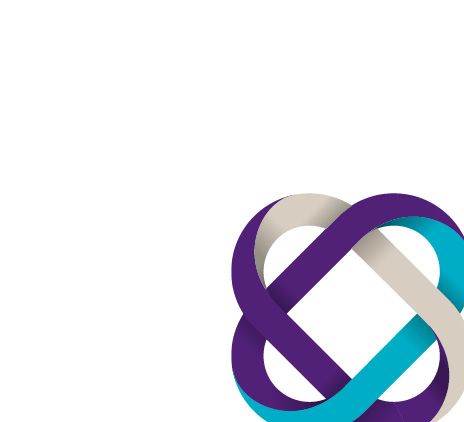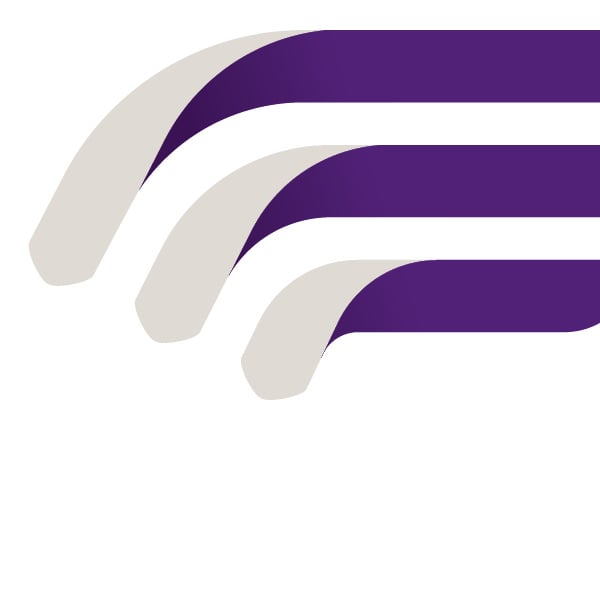-
Transactional advisory services
Find out more about the transactional advisory services of Grant Thornton Financial Advisory Services
-
Valuations
Find out more about the valuations services of Grant Thornton Financial Advisory Services
-
Mergers and acquisitions
Find out more about the merger and acquisition services of Grant Thornton Financial Advisory Services
-
Forensic and investigation services
Find out more about the forensic and investigation services of Grant Thornton Financial Advisory Services
-
Recovery & reorganisation
Find out more about the Recovery & reorganisation services of Grant Thornton Financial Advisory Services
-
Business risk services
Find out more about the business risk services of Grant Thornton Financial Advisory Services
-
Business consulting
Find out more about the business consulting services of Grant Thornton Financial Advisory Services
-
Capital market
Capital market
-
Corporate and business tax
Find out more about our corporate and business tax services.
-
Direct international tax
Find out more about our direct international tax services.
-
Global mobility services
Find out more about our global mobility services.
-
Indirect international tax
Find out more about our indirect international tax services.
-
Transfer pricing
Find out more about our transfer pricing services.
-
Litigation
Our lawyers and accountants can manage all defense measures provided not only by the Italian law, but also by EU regulations and conventions
-
Family business
Find out more about our Family business services.
-
Legal
The client can be assisted in every need and with the same care both on important operations or disputes and on simple matters

-
Back office outsourcing
Find out more about our Back office outsourcing services
-
Business process outsourcing
Find out more about our business process outsourcing services.
-
Compilation of financial statements
Find out more about our compilation of financial statements services.
-
Tax compliance
Find out more about our tax compliance services.
-
Electronic invoicing
Find out more about our electronic invoicing services
-
Electronic storage
Electronic storage is an archiving procedure that guarantees the legal validity of a digitally stored electronic document
-
Revaluation of corporate assets
Find out your civil and fiscal revaluation of tangible, intangible and financial assets
-
Human resources consulting
Find out more about our human resources consulting services.
-
Payroll
Find out more about our payroll services.
-
HR News
HR News the monthly information newsletter by Grant Thornton HR
-
Cybersecurity
GT Digital helps clients structure information security management internal functions, also through partially or totally outsourced functions
-
Agile and Programme Management
GT Digital provides support in the adoption and implementation of different portfolio management
-
Robotic Process Automation
Our “BOT Farm” can rely on digital workers able to help clients in routine activities, allowing employees to deal with more added-value activities
-
Data strategy and management
GT Digital can support clients in seizing the opportunities offered by Big Data, from the definition of strategies to the implementation of systems
-
Enterprise Resource Planning
We support clients in selecting the most appropriate ERP System according to their specific needs, helping them also understand licensing models
-
IT strategy
GT Digital supports clients in making strategic choices, identifying innovation opportunities, comparing themselves with competitors
-
IT service management
We can support with software selection and with the implementation of dedicated tools for the management of ICT processes
-
DORA and NIS 2
The entry into force of the DORA Regulation and NIS2 represents a major step towards the creation of a harmonised regulatory framework
Budget Law 2023 has introduced several innovations that directly concern natural persons who carry out a business, art or profession.
These changes concern:
- the flat-rate regime, modifying the revenue threshold to be respected in order to access it;
- the introduction of the so-called incremental flat tax¸ aimed at facilitating the taxation of income increases only for 2023;
- strengthening of the Revenue Office's controls on the attribution and operation of VAT numbers.
Amendments to the flat-rate regime – art. 1 para. 54
Budget Law amends the provision establishing the flat-rate regime - art. 1 of 2015 Stability Law (Law 190/2014) – by raising the threshold of revenues or consideration received for which it is possible to determine a flat-rate income to be subject to a fixed substitute tax equal to 15 percent (reduced 5% for the first five years of activity) instead of ordinary IRPEF. Specifically, the threshold of revenues or considerations received in 2022 which allow access, starting from 01.01.2023, to the flat-rate regime has been raised from 65 thousand euros to 85 thousand euros. The same limit of 85 thousand euros must be respected from year to year in order to maintain the regime in future years as well.
The threshold is calculated on the basis of revenues or considerations relating to the previous year, assumed by applying the same calculation criterion (accrual basis/cash flow basis) provided by the tax and accounting regime applied in that tax period. 2023 Budget Law also intervenes by introducing the obligation to immediately suspend the flat-rate regime for taxpayers who exceed the limit of 100 thousand euros in revenues or considerations during the year. In fact, these taxpayers are excluded from the flat-rate regime as of the same year in which the threshold is exceeded, unlike what is provided for all other causes of exclusion, for which the exclusion starts from the following fiscal year. Therefore, for the purposes of direct taxes, taxpayers who receive revenues or considerations exceeding 100 thousand euros will determine income according to the ordinary methods, subjecting it to IRPEF and the related surtaxes.
On the other hand, with reference to VAT regulations, tax will be due starting from the performance of operations that imply this limit - thus excluding the previous operations which, pursuant to art. 6 of Presidential Decree 633/72, are deemed as already carried out. Similarly, it is possible to deduct VAT related to purchase transactions subsequent to exceeding the threshold.
With specific reference to the obligations regarding withholding taxes, it is possible to apply a similar logic to that inherent to VAT regulation: withholding taxes must be applied according to the ordinary criteria only on the remuneration paid following the occurrence of the cause that implies the immediate exclusion from the regime. Rules cannot be applied retrospectively on considerations already paid. Likewise, taxpayers will not retroactively act as withholding agents on purchase transactions.
Incremental flat tax – art. 1 para. 55 – 57
Budget Law 2023also introduced the so-called incremental flat tax, which consists of a 15% tax substitutive for IRPEF and related surtaxes, to be applied on the portion of excess income accrued only in 2023 compared to the highest income among those of the previous three-year period. The rule is aimed solely at natural persons carrying on business, arts or professions, provided that the flat-rate regime was not applied in the same year 2023.
The substitute tax is applied on the taxable base - which in any case cannot exceed 40 thousand euros - determined as the difference between the income relating to 2023 and the higher of the income stated in the years between 2020 and 2022, reduced by an amount equal to 5% of the highest income for the three-year period.
Measures against the opening of fictitious business activities – art. 1 para. 148 - 150
A further measure which concerns natural persons carrying out businesses, arts and professions concerns the strengthening of preventive checks by the Revenue Office carried out when assigning a VAT number (i.e., when a new business is opened), as provided for by art. 35 para. 15-bis of Presidential Decree no. 633/72. In particular, the Revenue Office can carry out specific risk analyses - also by requesting documentation - in order to verify the effective exercise of the activity. Should such checks have a negative outcome, the Office issues an activity termination order. Moreover, the taxpayer is subject to a fine equal to 3,000 euros.
Even if the Office orders the termination of the activity following the aforementioned checks, the possibility for the taxpayer to request a new VAT number and, therefore, start a new activity, remains unaffected; In this case, the law introduces the obligation to issue a surety policy or bank guarantee for a period of three years from the date of issue and for an amount of no less than 50,000 euros.

